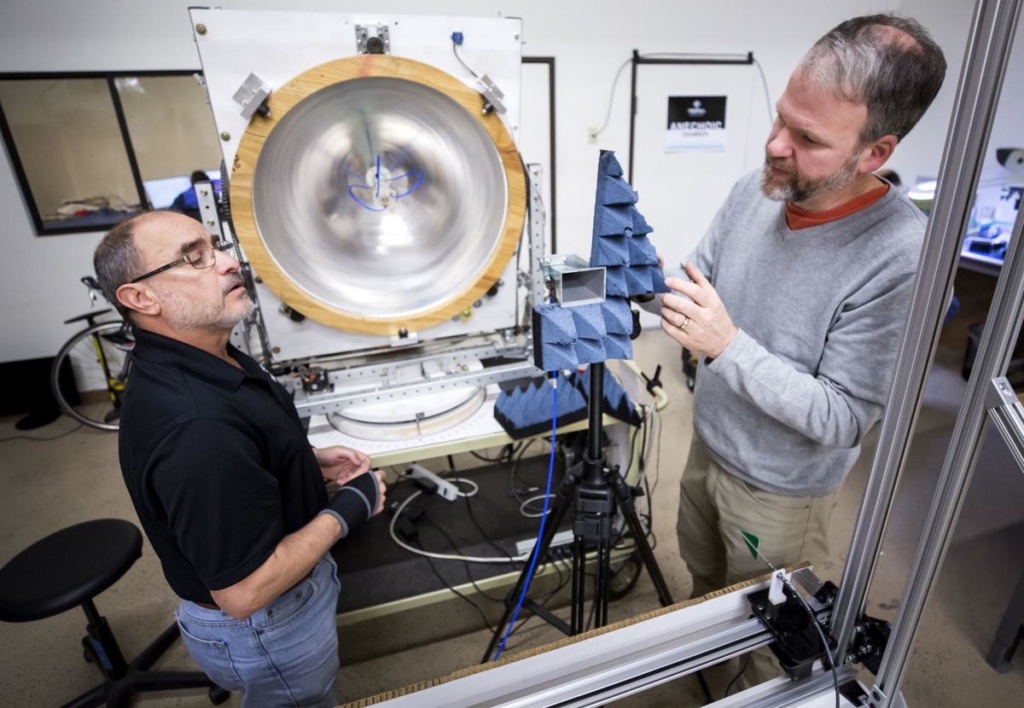
Juan Carlos Lopez-Tonazzi, left, and Dan McFatter, engineers at FreeFall Aerospace, work on a new space antenna in the company’s lab in Tucson. FreeFall Aerospace is one of 71 startups that Tech Launch Arizona has helped develop in the last three years. Photo by Rebecca Sasnett.
Report: UA’s tech-transfer arm had $586 million economic impact over 3 years
David Wichner Dec 22, 2019 Arizona Daily Star
About seven years ago, the University of Arizona overhauled and beefed up its efforts to bring faculty inventions to market with the creation of Tech Launch Arizona.
In the last three years, the tech-transfer agency has helped launch 71 startups that had a combined economic impact estimated at more than a half-billion dollars, a recent UA report shows. The study of TLA’s economic impact from 2016 through 2018 showed an overall economic impact of $585.7 million, creating 5,236 direct and indirect jobs in Arizona, and generating more than $25 million in state and local taxes and $250 million in wages and salaries.
The results include direct effects like spending by startup firms and wages paid to startup employees, as well as indirect effects from business-to-business spending and induced effects from increased consumer spending.
Meanwhile, TLA’s recently released annual report for the 2019 fiscal year shows continued growth in areas like licensing income and invention disclosures by faculty, though fewer startups than 2018.
The economic impact study — based on direct hiring, wages and spending by firms as well as the indirect and induced effects of their spending — showed the agency generated $14.24 in employment income for every $1 TLA spent. Doug Hockstad, UA assistant vice president for Tech Launch Arizona, said the results of the economic-impact study are validating for TLA.
“We expected it to be good because we think what we’re doing is good, but we didn’t know what the numbers would be,” Hockstad said. “There has always been strong support for TLA’s mission from senior leadership, and I think under (UA) President (Robert) Robbins, that has continued and crystallized even more.”
The UA counts 164 startups it has created since 1984, and 90 of those have occurred since the launch of TLA in 2012. Of those, 82 are still in business and 73 are operating in Arizona. Hockstad said TLA’s startup survival rate stands out, though the rate for university-backed startups tends to be higher than that of startups overall.
“It’s good to see so many still exist, and its good to see there are so many that stayed in Arizona,” said Hockstad, who took the reins of TLA in April after the retirement of the agency’s founding chief, David Allen.
Other companies TLA launched in the last three years include FreeFall Aerospace, which has developed a steerable, spherical antenna for satellites and emerging 5G high-speed data networks.
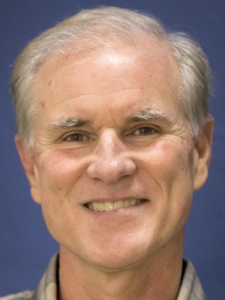
CEO and president of FreeFall Aerospace in Tucson. Photo by Rebecca Sasnett / Arizona Daily Star
The company, founded in 2016 by UA astronomy professor Chris Walker and NASA veteran Doug Stetson, flew its antenna on a NASA test flight last year and is perfecting prototypes for customers to test.
Stetson, who spent 35 years as an engineer and manager in NASA’s Jet Propulsion Laboratory and later worked with Walker on astrophysics projects at the UA, said TLA’s help was invaluable.
“It meant everything to us. We wouldn’t be here without them, that’s for sure,” said Stetson, who said he had never started a business before FreeFall. “They were really the motivation and the engine for getting us started.”
TLA also hooked FreeFall up with its first office space at the University of Arizona Center for Innovation, a business incubator at the UA Tech Park on South Rita Road overseen by TLA, before moving to a new space off West Grant Road in 2017.
“You really have to have a place to work together, and we had that at a reasonable cost from UAZCI,” Stetson said.


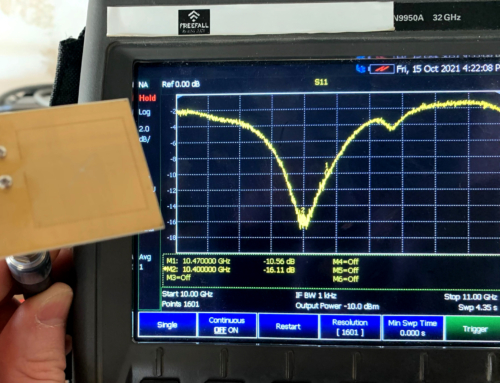
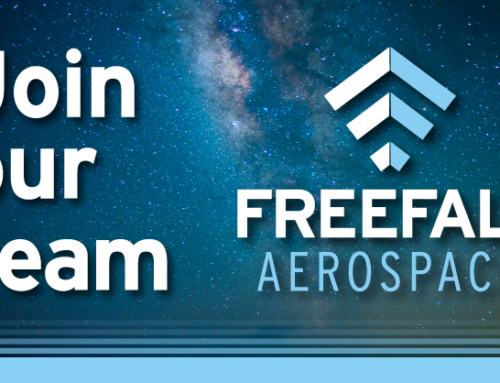
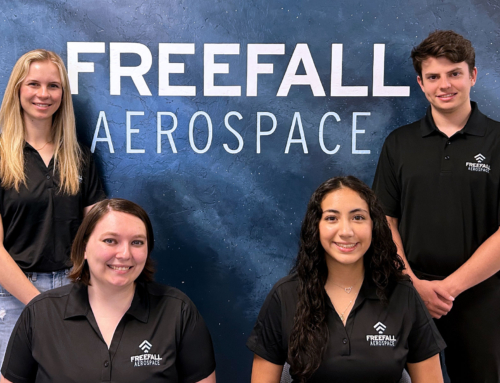
Leave A Comment